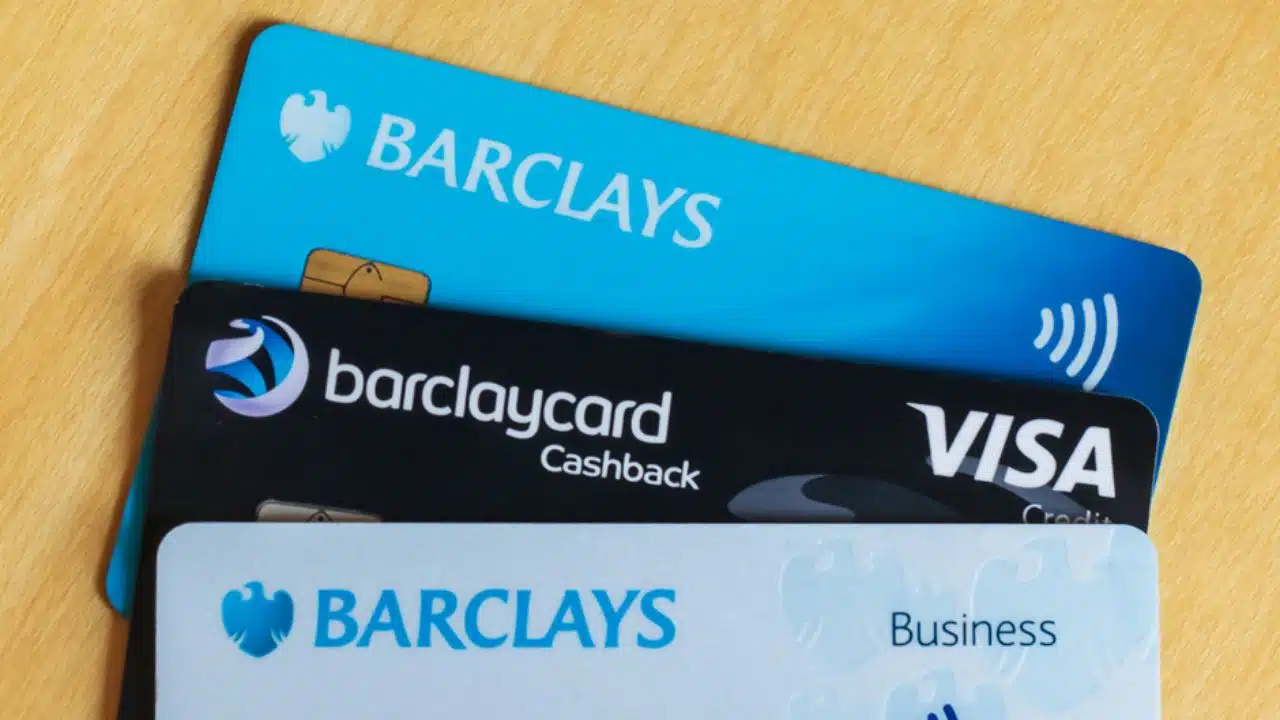A business bank account is just like your personal one, but it’s intended strictly for business transactions. Legally speaking, you don’t need a business bank account as a start-up. However, a registered limited company is a separate legal entity, so keeping its finances separate from your own is highly recommended.
Also, when your start-up expands into a larger organisation, it could become difficult to stay on top of its cash flow if it remains integrated into your personal account.
In this blog, one of the UK’s leading company formation agents, Quality Company Formations, explains why start-ups need a business bank account. They also explain how to get one if you haven’t already.
Boost your credit rating
In the start-up phase, you’re likely to need to raise funding for your company to grow. You might even need financial support further down the line.
Either way, when you apply for a bank loan, lenders expect to see a satisfactory credit history to determine whether you can be trusted to make your repayments. However, without a business bank account, they won’t be able to do that.
If the company’s finances are meshed into your personal funds, not only will lenders be unable to separate the two, but it will make it difficult for your start-up to be approved for funding.
Stay compliant
As a limited company director, you have certain legal obligations. One of these obligations concerns reporting your start-up’s financial activity, such as preparing annual accounts, completing the company’s tax returns, and paying business taxes.
However, this is incredibly difficult to do without a business bank account as you won’t have a clear view of the company’s cash flow. As a result, you risk breaching your legal duties, which can have serious consequences.
A business bank account also ensures that you comply with the bank’s terms and conditions. Generally, you can’t use a personal account for business purposes. This is unlikely to affect freelancers receiving the odd payment for the work, but as a registered start-up, you could run into some trouble if you regularly carry out business transactions through your personal account. Therefore, to remain compliant, we highly recommend opening a business bank account.
Make admin easier
Running a growing start-up is time-consuming – the last thing you need is lengthy paperwork. The good news is that a business bank account can make your administrative duties considerably easier.
One account may sound easier to manage, but when you file your company’s tax return to HMRC or want to claim your business expenses, you’ll need to sift through endless bank statements and separate each and every business transaction from your personal ones. So, save yourself plenty of time and simplify your admin processes with a separate business bank account.
Appear professional
A business bank account will help your start-up appear more professional. For instance, if you want to collect payment from a client and they see your personal bank account information on the invoice, they could doubt your credibility and legitimacy, and be unsure about where their money is going. You could potentially lose a valuable client, or they could even fail to pay you.
Avoid unnecessary complications and ensure your start-up appears professional from all angles with a business bank account.
Access exclusive features and rewards
Business bank accounts often come with a range of perks and rewards that help you save money and make running a start-up that little bit easier. These can include reduced rates and fees, and access to specialist support tools, for example.
A business bank account referral with QCF
If you don’t have a business bank account yet, don’t worry; it couldn’t be easier with Quality Company Formations. Whether you formed your start-up through us or not, you can still get a business account referral through us and enjoy a range of exclusive partner offers.
Start by importing your company into our Online Company Manager. If you’re not a QCF customer, simply create a new account and select ‘Import a Company’ on your dashboard. Then, enter your company number and authentication code, click ‘Search’, and select your company name. This will import your company into our secure system.
From there, go back to the dashboard, select ‘My Companies’, and then click ‘View’ next to your start-up’s name. Then, select ‘Getting Started’, and you’ll see a list of our banking partners, which currently include Barclays, Monzo, Tide, and WorldFirst if you’re based abroad but your start-up is in the UK.
When you’re ready, simply press ‘Add to Cart’ and complete the checkout process to activate your offer. The bank will reach out to you directly, normally within two working days.
Summary
Ultimately, you need a business bank account for your start-up. It may not be a legal requirement, but as we’ve discovered in this blog, there are significant benefits to separating your personal and professional finances.
Not only will it help improve your company’s credit rating, but it will also help you meet your legal reporting obligations as a director, speed up administrative processes, and create a professional image for your start-up.
Open your free bank account today with Quality Company Formations. With the largest range of company structures and company formation packages in the country, QCF is one of the UK’s best and most affordable company formation agents. Visit the QCF website for more information on banking services for start-ups, forming your company, and other helpful resources.




































